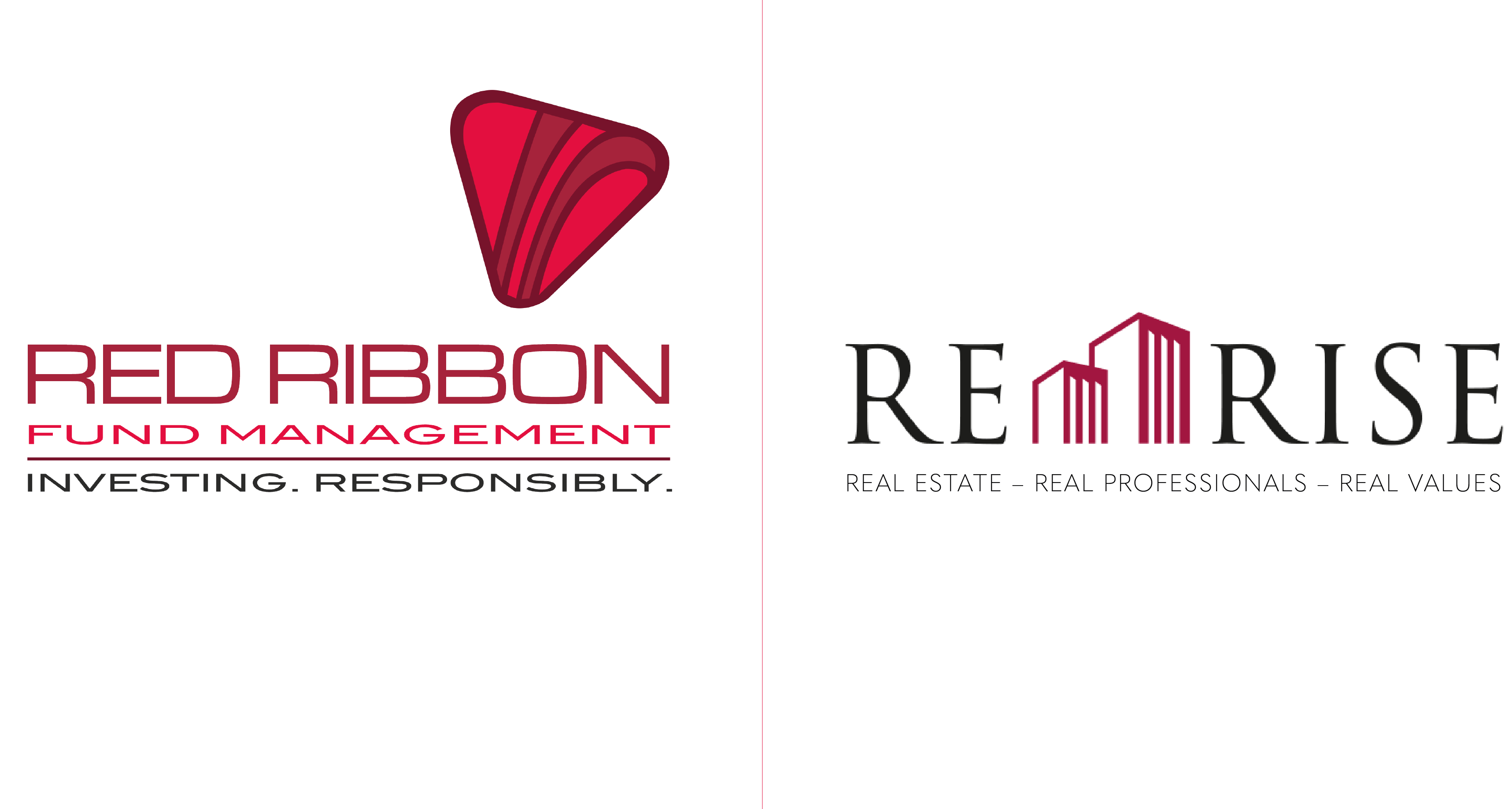We’ve heard a lot recently about policy announcements made in this year’s Union Budget, but what about the headline announcements from last year; how effective have they been in delivering the radical economic programme currently being pursued by Prime Minister Modi’s Government? Well, the answer seems to be very effective indeed, particularly in the case of one of those flagship policies, the Affordable Housing Programme.
Designed to address the subcontinent’s severe shortage of domestic housing resulting from a burgeoning and increasingly urbanised population, the programme has its roots in pre-Modi Administrations which had made “housing for all by 2022” a key policy objective and with it (this is what proved to be the problem) construction of no less than 50 Million new housing units. It was never an especially realistic target given the escalating cost of urban land, which was making development more difficult; a creaking infrastructure system and lengthy delays in the planning process.
Prime Minister Modi’s Government has worked to cut the burden of red tape and, of course, its infrastructure-spending programme has already gone far beyond the wildest imagination of even the most cynical observers. And then, finally, to ease the fiscal difficulties of price gearing on new urban developments, last year’s Union Budget introduced a 6.5% subsidy for the poorest buyers combined with a licence to take the entire subsidy on a twenty year loan up front (so making the property more affordable) and then allowing withdrawals from EFPO of up to 90% of the purchase price (with the same effect). And then, most importantly of all, affordable housing was given infrastructure status meaning that the cost of borrowing for developers was radically reduced.
So, has it all worked? Have these initiatives actually attracted the type of long term real estate investor, prepared to commit to a lengthy development cycle of the kind inevitably required to provide much needed new homes?
Of course this type of investment, long term and short term shock resistant, has a name: we’re talking about Private Equity investment, and given the past year has seen a remarkable resurgence of Private Equity investment into affordable housing projects, the answer to our question has to be…yes: last year’s Union Budget has made a considerable difference.
The level of overall Private Equity interest, already strong in Indian Real Estate generally, has risen exponentially in the affordable housing segment: consider analysis this from Arun Natarajan, founder of research firm Venture Intelligence:
"Affordable housing has emerged as a significant theme among PE-RE (private equity real estate) investors, especially in the second half of 2017, with both domestic investors as well as international firms placing special focus on the segment."
The majority of residential project launches in 2017 were, moreover, in the affordable and mid-range price segments, with the affordable segment alone accounting for 45% of the overall supply. And last year in India private equity firms made 67 investments with an aggregate value of $6.1Billion. Around 57% of this went into residential projects with affordable housing grabbing the lion’s share.
Modulex Modular Buildings has a unique part to play in this cycle of explosive growth within the Indian Real Estate sector: founded and based in the United Kingdom, the company is setting up a global franchise designed to develop the use of proven British steel modular technology so as to construct buildings quickly, where they are needed most, in emerging and growth markets and in India in particular. Red Ribbon Asset Management is proud to have founded and to be part of the Modulex Project.
[nectar_btn size="large" button_style="regular" button_color_2="Accent-Color" color_override="#7b1627" icon_family="none" url="https://redribbon.co/investment-products/funds/private-equity-fund/" text="Private Equity Fund" css_animation="none" margin_top="10" margin_right="20" margin_bottom="10" margin_left="20"][nectar_btn size="large" button_style="regular" button_color_2="Accent-Color" color_override="#7b1627" icon_family="none" url="https://redribbon.co/investment-products/funds/real-estate-fund/" text="Real Estate Fund" css_animation="none" margin_top="10" margin_right="20" margin_bottom="10" margin_left="20"][social_buttons full_width_icons="true" facebook="true" twitter="true" google_plus="true" linkedin="true" pinterest="true"]



